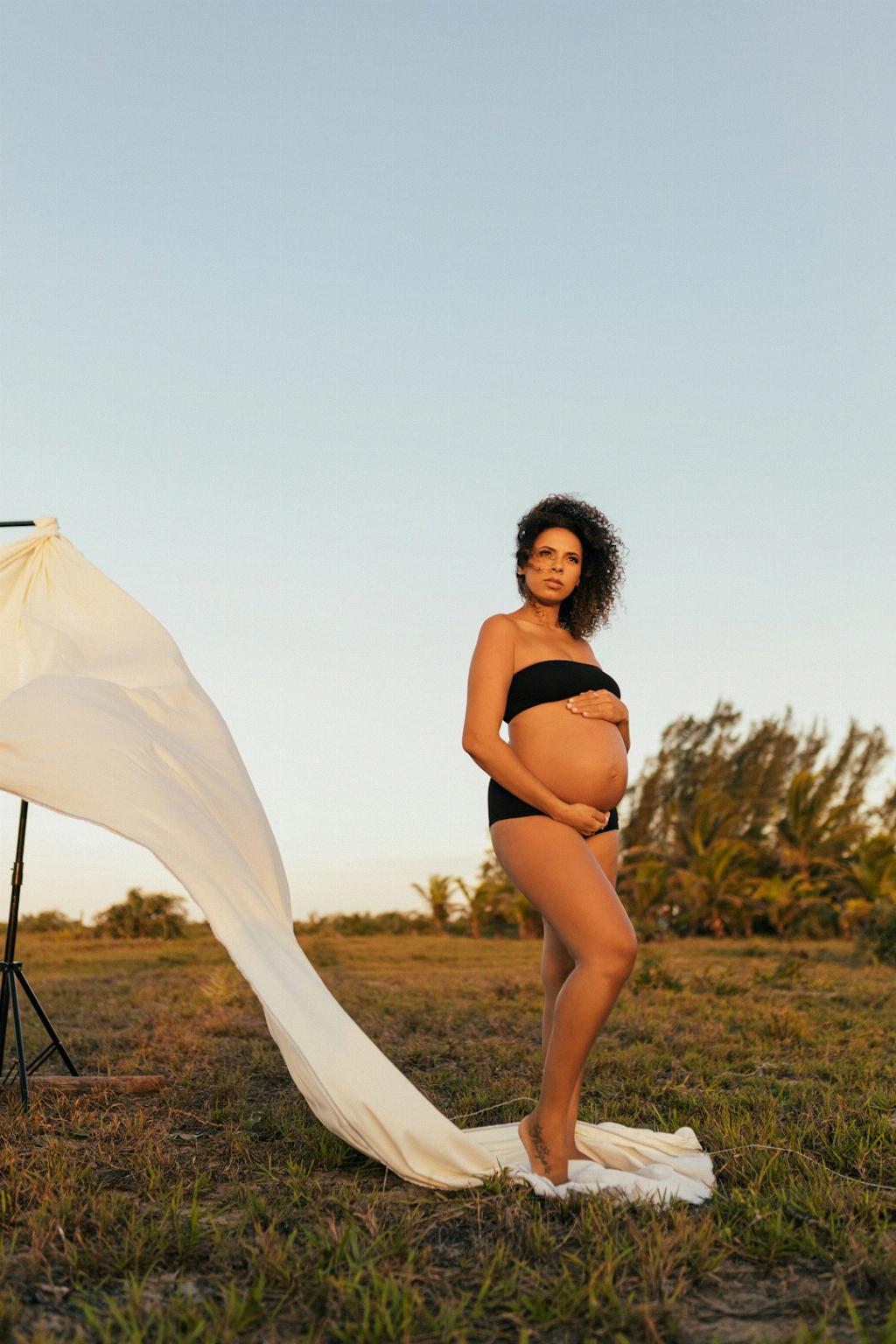During the early stages of pregnancy, many women experience various physical changes as their body adapts to the presence of a growing fetus. One common symptom that often causes concern is dull cramping. It’s important to understand that experiencing mild, dull cramping in the first trimester is a normal part of the pregnancy journey.
As the fertilized egg implants itself into the uterine lining, there may be some mild cramping or discomfort. This process, known as implantation, typically occurs around 6-12 days after conception and can lead to light spotting or cramping. While it may seem alarming, this is a completely natural occurrence as the body makes room for the developing embryo.
In addition to implantation cramping, the uterus undergoes significant changes to accommodate the growing fetus. The stretching and expanding of the uterine muscles and ligaments can also cause mild cramping sensations. This process, known as uterine growth, is essential for creating a supportive environment for the baby to grow and thrive.
It is crucial to differentiate between normal, mild cramping and more severe, persistent pain. Dull cramping that comes and goes is generally considered normal in early pregnancy. However, if the cramps are sharp, intense, or accompanied by heavy bleeding, it is essential to seek medical attention promptly, as these could be signs of a more serious issue such as an ectopic pregnancy or miscarriage.
Every woman’s experience with pregnancy is unique, and while some may sail through the early months without much discomfort, others may experience more noticeable cramping. Factors such as a woman’s overall health, previous pregnancies, and individual body constitution can all influence how she perceives and responds to cramping during pregnancy.
Staying informed about the changes happening in your body and listening to your intuition are vital aspects of navigating the early stages of pregnancy. If you are experiencing dull cramping that is causing you significant worry or discomfort, don’t hesitate to reach out to your healthcare provider for guidance and reassurance.
Remember that self-care practices such as staying hydrated, getting adequate rest, eating a balanced diet, and engaging in gentle exercise can all contribute to your overall well-being during pregnancy. Taking care of your physical and emotional health is essential for a smooth and positive pregnancy journey.
While it’s normal to have concerns about any new sensations or symptoms during pregnancy, mild cramping in the early stages is generally nothing to be overly anxious about. Trust in your body’s ability to undergo the incredible process of pregnancy and know that you are strong and capable of handling the changes that come your way.
By staying informed, seeking support when needed, and prioritizing your well-being, you can navigate the journey of early pregnancy with confidence and resilience. Remember that you are not alone on this path and that there are resources and healthcare professionals available to support you every step of the way.
In conclusion, while experiencing dull cramping in early pregnancy is considered normal, it is essential to stay attuned to your body’s signals and seek help if you have any concerns. By taking care of yourself and staying informed, you can embrace this transformative time with strength and positivity.

